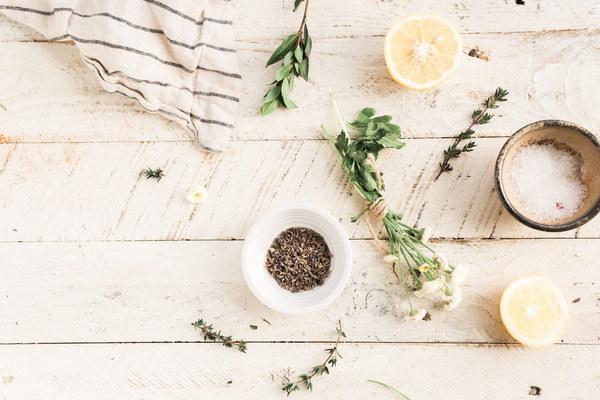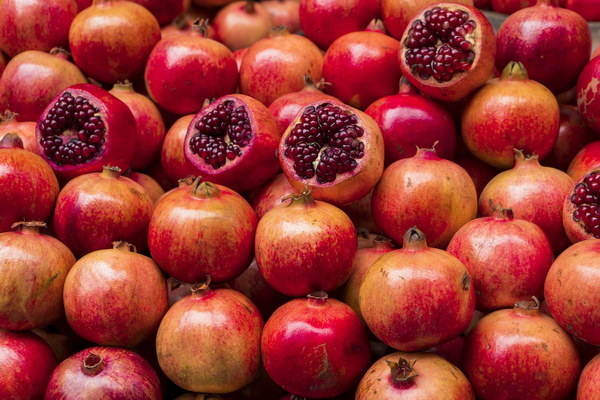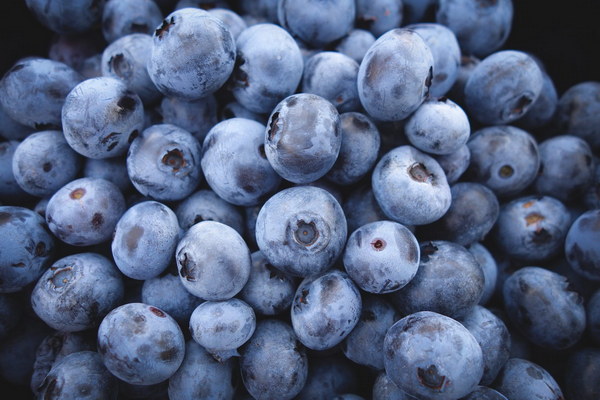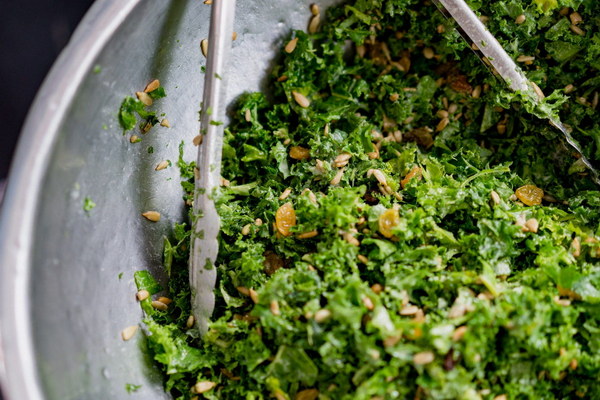The Ultimate Guide to Nourishing Your Spleen and Stomach Best Practices for Optimal Digestive Health
Introduction:
The spleen and stomach play a crucial role in maintaining our overall health and well-being. In traditional Chinese medicine, the spleen is considered the storehouse of essence, responsible for energy production, blood formation, and immune function. Similarly, the stomach is essential for digestion and nutrient absorption. This article will explore the best practices for nourishing your spleen and stomach, leading to improved digestive health and overall vitality.
1. Diet:
A balanced diet is essential for nourishing your spleen and stomach. Here are some key recommendations:
a. Incorporate spleen-nourishing foods: These include foods rich in vitamins, minerals, and antioxidants, such as lean meats, fish, eggs, legumes, nuts, and seeds. Additionally, foods with a sweet taste, like sweet potatoes, millet, and oatmeal, are beneficial for the spleen.
b. Include stomach-soothing foods: Foods that are easy to digest and have a calming effect on the stomach include bananas, rice, apples, and ginger. Avoid spicy, greasy, and acidic foods, as they can irritate the stomach and weaken the spleen.
c. Eat in moderation: Overeating can overload the spleen and stomach, leading to discomfort and digestive issues. Try to eat smaller, more frequent meals throughout the day.
2. Lifestyle:
Adopting a healthy lifestyle can greatly contribute to the nourishment of your spleen and stomach:
a. Regular exercise: Physical activity helps improve blood circulation, which in turn supports the spleen and stomach's functions. Aim for at least 30 minutes of moderate exercise most days of the week.
b. Adequate sleep: Lack of sleep can weaken the spleen and stomach, leading to fatigue and digestive problems. Aim for 7-9 hours of quality sleep each night.
c. Stress management: Chronic stress can harm the spleen and stomach. Practice stress-reducing techniques, such as meditation, deep breathing exercises, or yoga, to maintain a healthy digestive system.
3. Herbs and Supplements:
Certain herbs and supplements can help nourish your spleen and stomach:
a. Licorice root: This herb has been used in traditional Chinese medicine for centuries to support the spleen and stomach. It can be taken as a tea or in supplement form.
b. Astragalus: Known for its immune-boosting properties, astragalus is also beneficial for the spleen and stomach. It can be taken as a tea, tincture, or in supplement form.
c. Probiotics: Probiotics are beneficial bacteria that promote a healthy gut. They can be found in fermented foods like yogurt, kefir, sauerkraut, and kimchi, as well as in supplement form.
4. Acupuncture and Massage:

Acupuncture and massage can help balance the body's energy, improving the function of the spleen and stomach:
a. Acupuncture: This ancient practice involves inserting fine needles into specific points on the body to stimulate healing. Acupuncture can help alleviate digestive issues and strengthen the spleen and stomach.
b. Massage: A gentle, therapeutic massage can help relieve tension and improve blood circulation, supporting the spleen and stomach's functions.
Conclusion:
Nourishing your spleen and stomach is crucial for maintaining optimal digestive health and overall well-being. By incorporating the best practices outlined in this article, such as a balanced diet, healthy lifestyle, and natural remedies, you can promote a strong and healthy digestive system. Remember, it is essential to consult with a healthcare professional before making any significant changes to your diet or lifestyle.









